The Dying Earth: An Appreciation
 Last Sunday, May 26, veteran genre writer Jack Vance died at the age of 96. John O’Neill posted a fine overview here of his career; testament to Vance’s influence on other writers can be seen in remembrances by Christopher Priest and George R.R. Martin. Prolific and talented, Vance was a significant figure. I thought I’d do my humble bit to mark his passing with a look at perhaps his best-known series, books which named a subgenre of speculative fiction: The Dying Earth.
Last Sunday, May 26, veteran genre writer Jack Vance died at the age of 96. John O’Neill posted a fine overview here of his career; testament to Vance’s influence on other writers can be seen in remembrances by Christopher Priest and George R.R. Martin. Prolific and talented, Vance was a significant figure. I thought I’d do my humble bit to mark his passing with a look at perhaps his best-known series, books which named a subgenre of speculative fiction: The Dying Earth.
The first book in the sequence, The Dying Earth, was a collection of linked short stories published together as a novel in 1950. The second volume, 1966’s Eyes of the Overworld, ties together a half-dozen short stories (of which five had been previously published in The Magazine of Fantasy & Science Fiction) into a sprawling picaresque adventure. After Michael Shea wrote and published an authorised sequel in 1974, A Quest for Simbilis, Vance returned to his setting and lead character in 1983 with Cugel’s Saga. Parts of this book too had been previously published as short fiction, but again the episodic structure worked, creating the sense of an unwinding yarn, a shaggy-dog story — a feel similar to the previous book while still highly individual. The final book, 1984’s Rhialto the Marvellous, was a collection of longish tales featuring new main characters; one story, the last in the book, had been published in 1973.
All four books are set in the unimaginably far future, when a red sun wearily makes its way through the skies of Earth and the moon is no more. Powerful magicians memorise spells based on obscure mathematics and command otherworldly entities. The world is nothing we recognise: not only has every culture and civlisation we have ever known passed away unremembered, but the basic geography of the planet has changed. There are fewer people on the planet, it seems, though far more quasi-human entities; technology’s mostly regressed to pre-industrial levels, except for rare magical artifacts. If ‘magic’ is the right word. What seems to be magic may only be forgotten technology. Who, this far away in time, can recall?
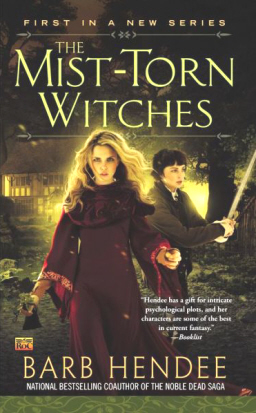
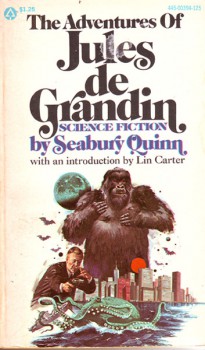
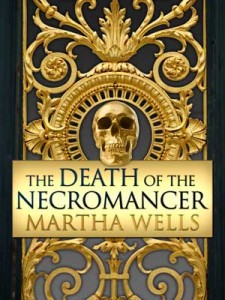
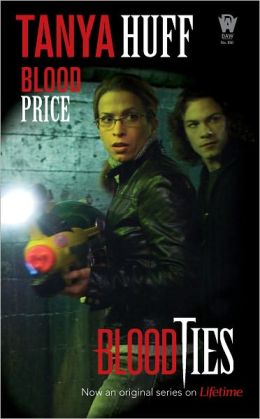
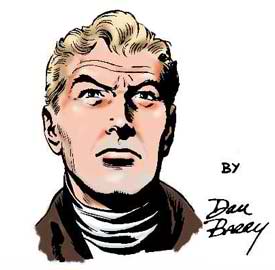
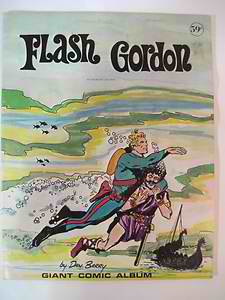

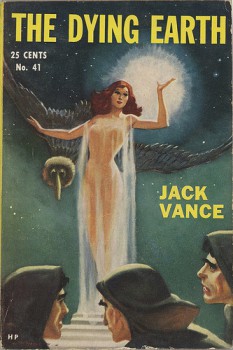
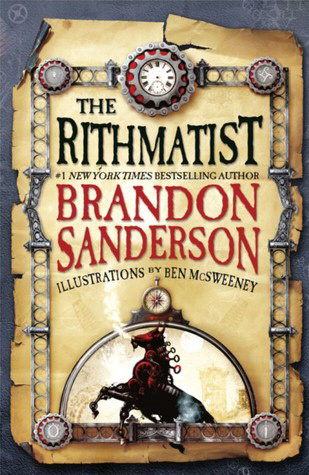
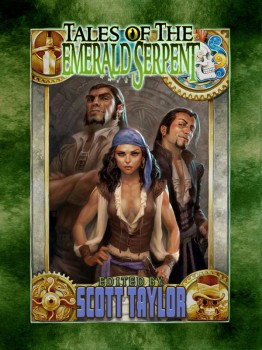 We presented nearly 100 new articles on the Black Gate blog last month, covering virtually every aspect of fantasy — from Kickstarter to Red Sonja , Space: 1999 to exotic food.
We presented nearly 100 new articles on the Black Gate blog last month, covering virtually every aspect of fantasy — from Kickstarter to Red Sonja , Space: 1999 to exotic food.